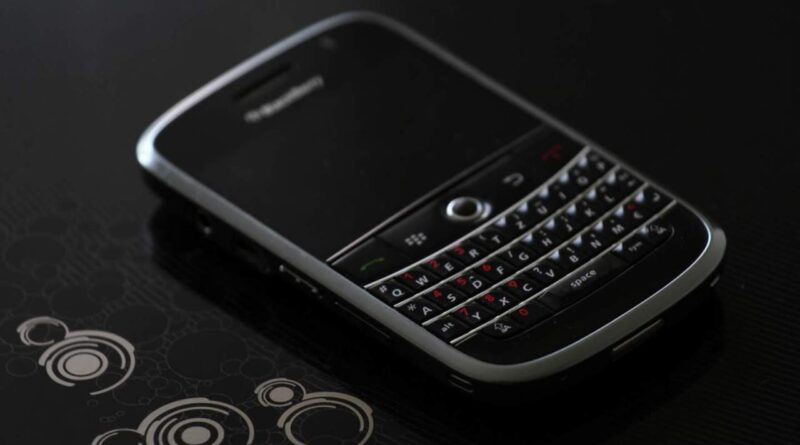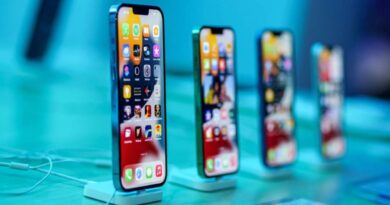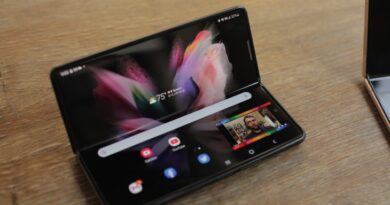BlackBerry OS devices have finally run out of juice
It can be difficult to imagine that anyone still uses a BlackBerry device running one of the operating systems of Canadian society, but it is indeed true – but not longer. Blackberry has just announced that BlackBerry 10 and BlackBerry OS Device Legacy Services would cease to operate after January 4, 2022 and thanked its “loyal customers and partners over the years” in the process. At this point, the company indicates that devices running BlackBerry 7.1 and earlier, BlackBerry 10 software and BlackBerry PlayBook OS 2.1 and earlier versions will stop working reliably. This will affect data services, phone calls, SMS and 9-1-1 features.
BlackBerry (initially called RIM) has stopped making its own phones on the BlackBerry OS Way in 2016 with the – notably all touch screen – BlackBerry Leap, alias last of this kind.
It was a scenario formerly difficult to imagine, because the Blackberry smartphones were formerly ubiquitous, especially among companies. They were pretty much everywhere in the late 90s and well in the 2000s, a bit like we see the Apple iPhone anywhere today.
Blackberry brand devices continued to be sold, initially through the OEM Chinese TCL, which purchased the license to use the BlackBerry name on its Android control phones with BlackBerry hardware keys. During the year 2020, even TCL abandoned his efforts, although Blackberry fans could always prevent the hope that the operation, the current Blackberry license, could come to the rescue.
How did it come to that?
The climb and the fall of Blackberry have been well documented in the years that sold its last Blackberry jump. As the whole smartphone industry at the time, it was completely blind by the launch of the iPhone in 2007. At least one BlackBerry engineer at the time admitted, the company did not believe that A device like the first iPhone was even possible with available technology. at the time. In their mind, a device like the iPhone with its large (for time) the 3.5-inch display and its sophisticated operating system was at least five years.
Initially, the CEO (Blackberry) Jim Balsillie raised the shoulders of the threat of the iPhone saying at the time: “We know where we are heading … We have all the growth we can manage.” [Sydney morning Herald]. However, it was only nine years after Balsillie made these remarks that Blackberry sold his last device.
The rise and fall of BlackBerry became a case study of a business school in the speed with which a company controlling a market segment can be corrected by a new disturbing technology – associated with a totally insufficient management response. It is always sad to see an emblematic brand and a family of devices turning to dust. But all good things, as they say, had to end.




